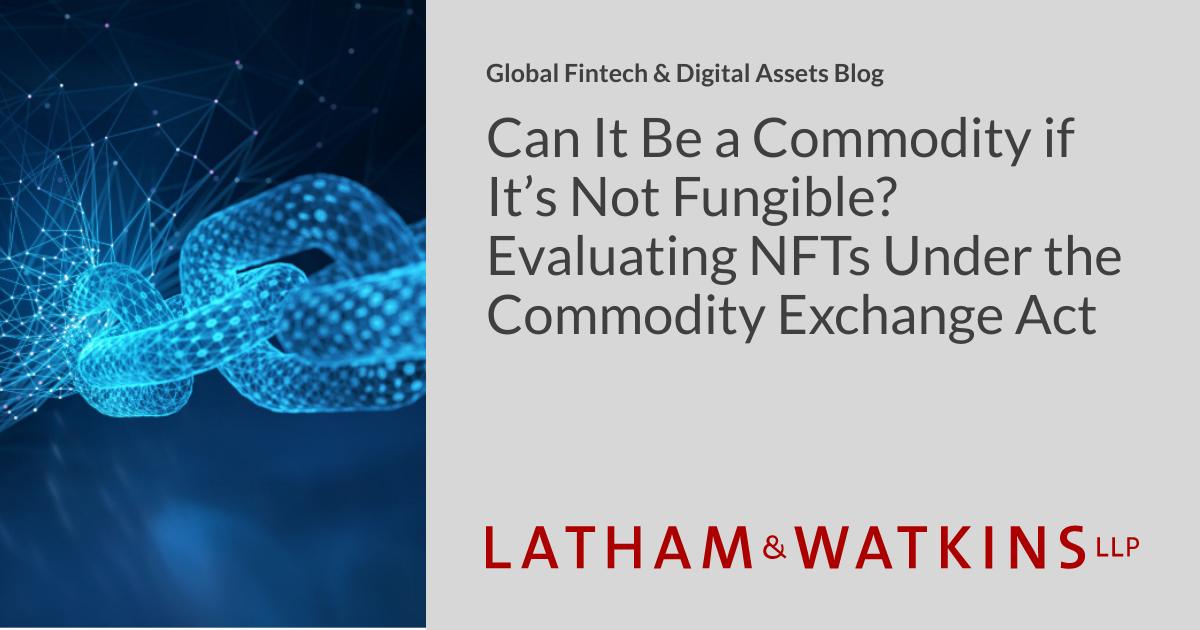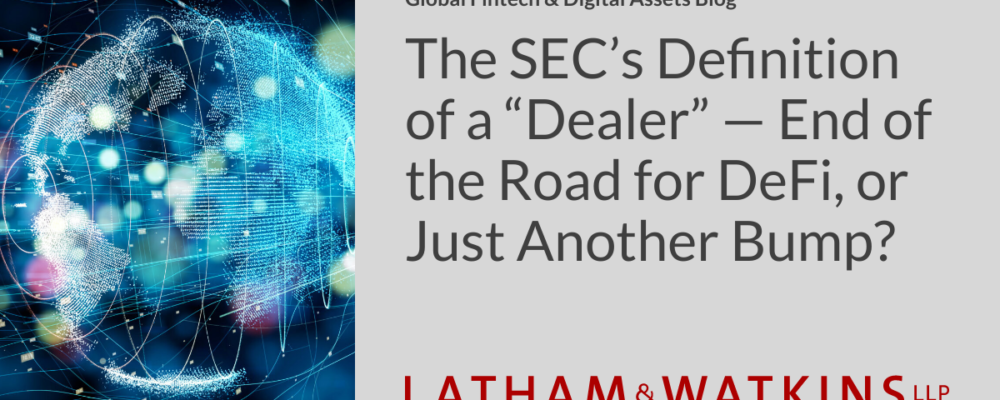Understanding NFTs as commodities calls for a more nuanced analysis than what their “non-fungible” label might suggest at first glance.
The appropriate regulatory characterization of cryptocurrencies and digital assets for US legal purposes has spawned many pages of analysis and occupied many hours of industry, law firm, and regulatory consideration. Significant amounts of commentary, and later government and judicial attention, have been devoted to determining whether fungible cryptocurrencies and digital assets constitute securities for purposes of US federal securities laws, and/or commodities for purposes of the US Commodity Exchange Act (CEA) and the regulations promulgated by the Commodity Futures Trading Commission (CFTC) thereunder (CFTC Rules). More recently, attention has turned to whether non-fungible tokens (NFTs), and particularly fractional NFTs, may constitute securities for purposes of the US federal securities laws.
Less attention has been given to determining whether NFTs constitute commodities under the CEA and CFTC Rules and, if so, the consequences thereof. While the answer will always depend on the facts and circumstances of the particular NFT or NFT project in question, we identify in this Client Alert a range of important factors and considerations that will likely loom large in any such analysis. As will become clear from the discussion in the Alert, the “commodity” status of NFTs requires a more nuanced analysis than may initially be expected from their “non-fungible” moniker.
Latham & Watkins
Please visit the firm link to site





